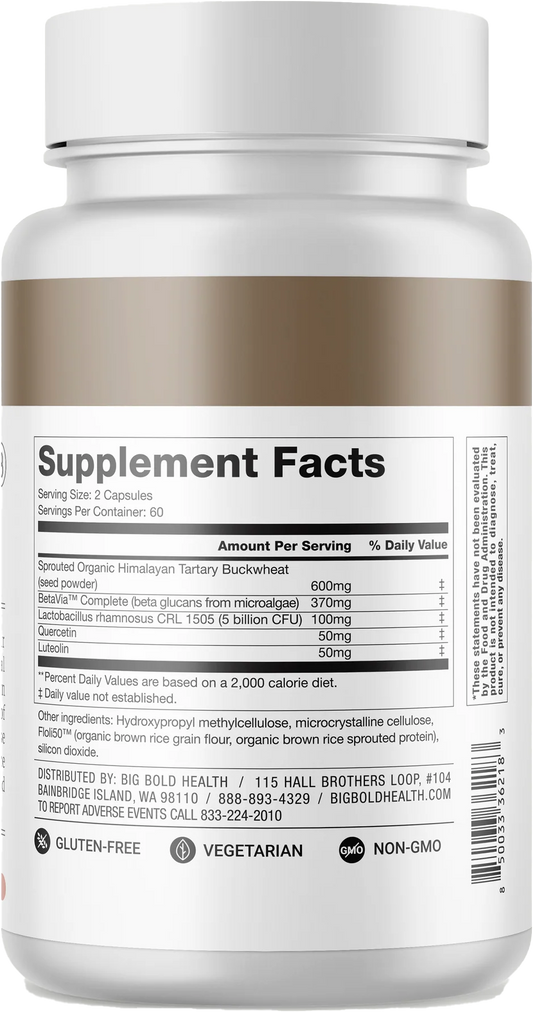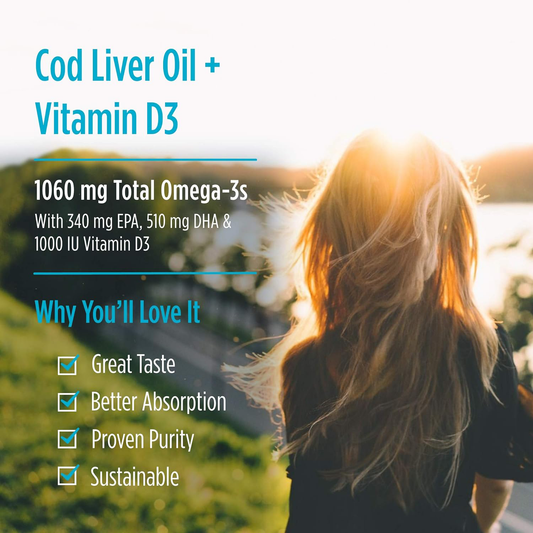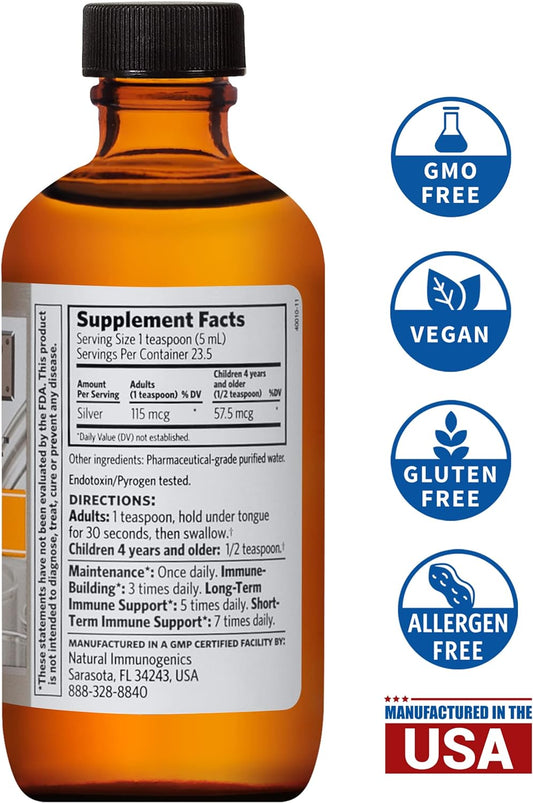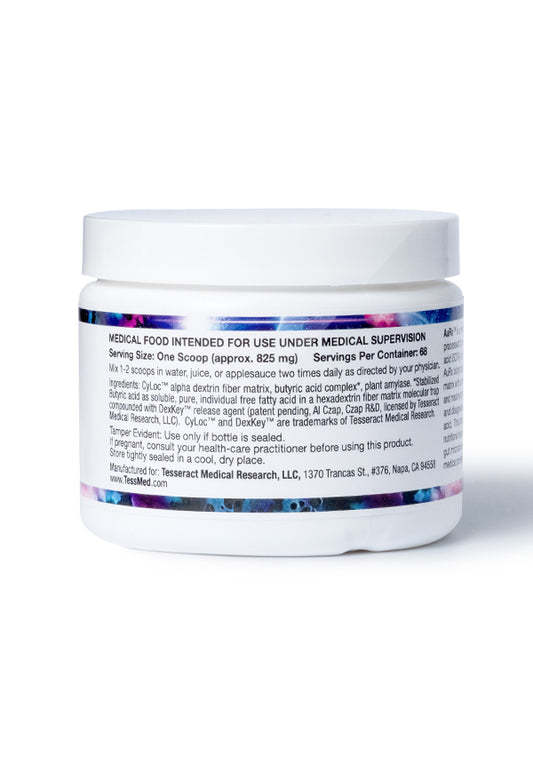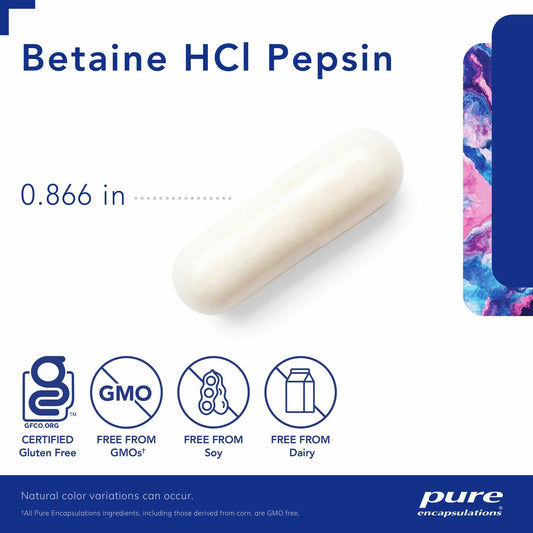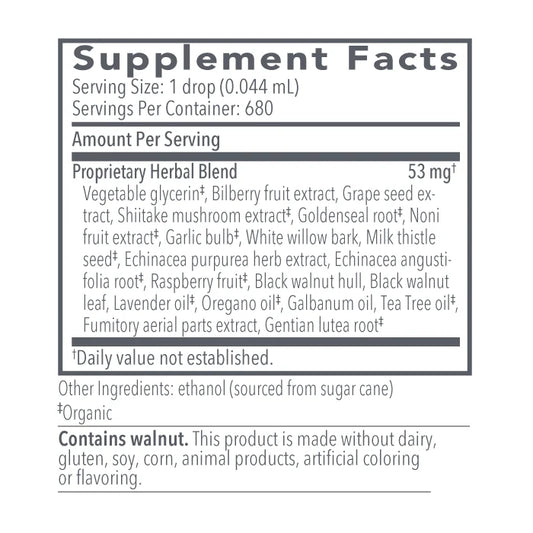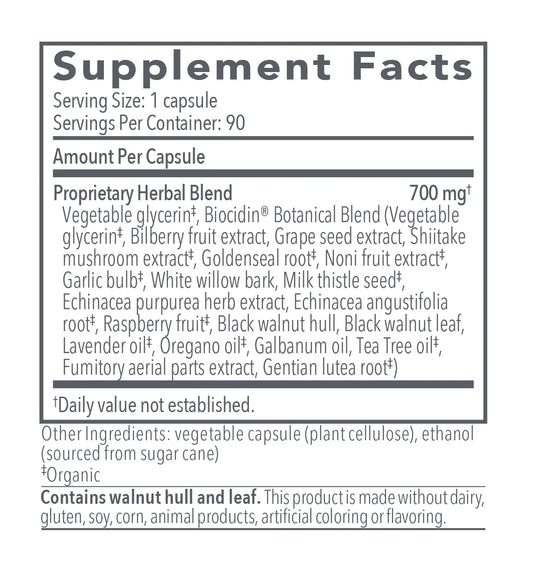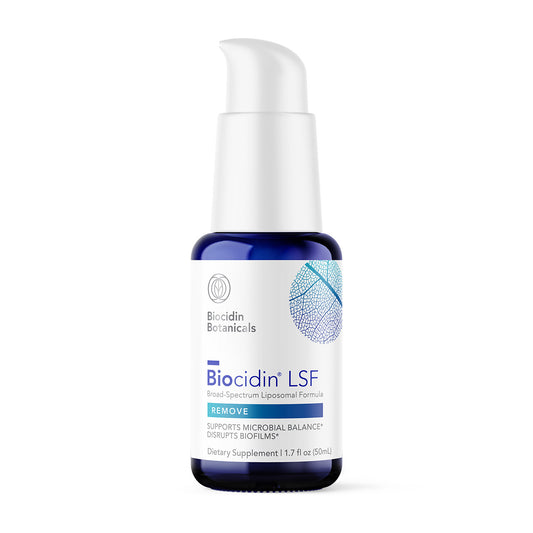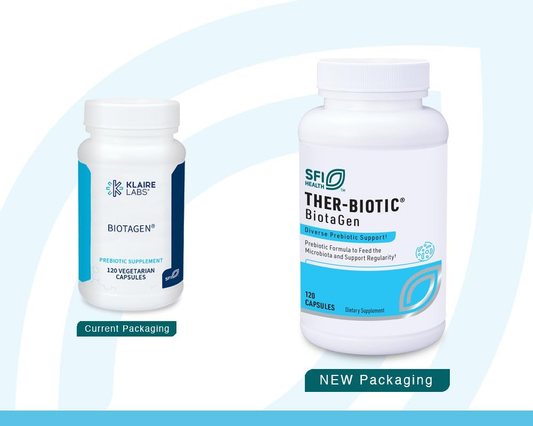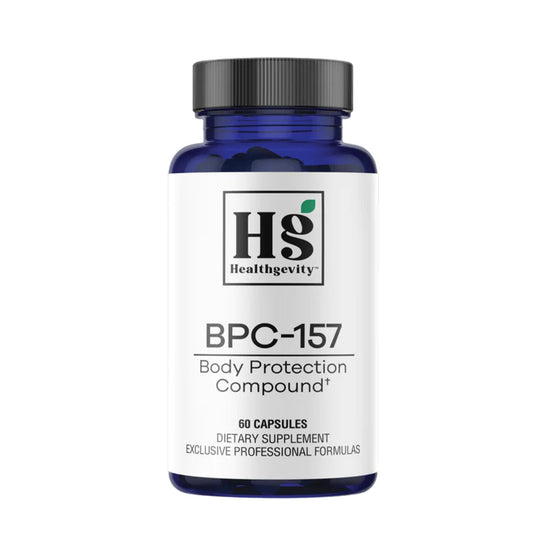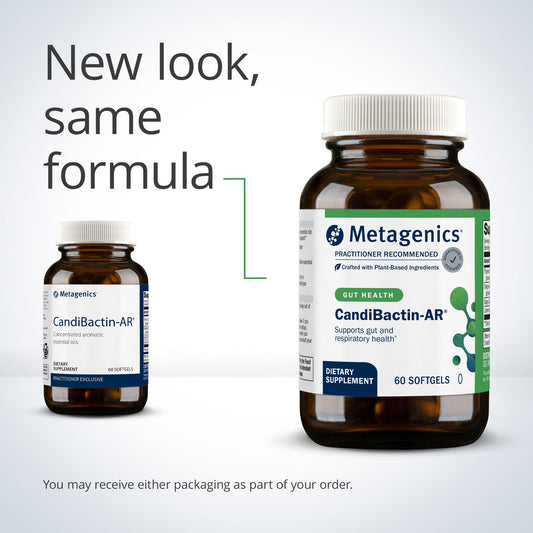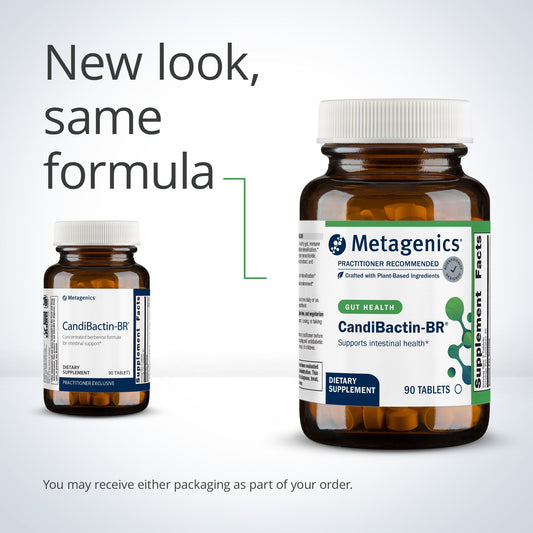Overview
While science and medicine have certainly come a long way in the last 2,400 years, emerging science has proven Hippocrates was right all those years ago—all disease begins in the gut. This means our gut microbiome, including gut bacteria and the integrity of our gut lining, strongly affects our overall health.
On today’s episode of The Doctor’s Farmacy, I’m excited to talk to Dr. Steven Gundry about gut diversity and how a diverse gut biome is directly linked to health and longevity. Dr. Steven Gundry is one of the world’s top cardiothoracic surgeons and a pioneer in nutrition. He hosts a top-rated health show, The Dr. Gundry Podcast, is the founder and Director of The International Heart and Lung Institute Center for Restorative Medicine, and is the founder of Gundry MD, a line of wellness products and supplements. There has been an explosion of research and understanding of the important role of our gut microbiome. Yet, despite regulating so many bodily functions and being critical to our overall and long-term health, conventional medicine has not integrated this knowledge into its teaching or practice. Dr. Gundry and I begin our discussion by talking about how we each came to learn about the significance of the gut microbiome throughout our medical careers.
When our microbiome is out of balance, it affects our immune system, hormone levels, mental health, longevity, and our risk for developing autoimmune, heart, and neurodegenerative diseases, as well as arthritis, diabetes, and cancer. Dr. Gundry walks us through the hallmarks of a healthy microbiome and explains the concept of mitochondrial uncoupling and how that helps us maintain a healthy, impenetrable gut wall. He also shares the keys to a healthy microbiome, and we go in-depth on the role that polyphenols—those colorful compounds found in plant foods—play in feeding our gut bacteria. We’re just at the beginning when it comes to understanding every interaction and reaction that takes place in the gut microbiome.
You’ve likely heard about prebiotics and probiotics. Now, Dr. Gundry explains the importance of postbiotics and how they are made in our gut. We also dive deep into the latest understanding of how compounds like urolithin A and resveratrol regulate so many areas of health, and Dr. Gundry explores the relationship between the gut microbiome, depression, and mood disorders, as well as how the microbiome relates to the effectiveness of immunotherapy drugs in cancer treatment. And finally, we talk about the prevalence of leaky gut and the top foods Dr. Gundry recommends avoiding to create a healthy microbiome. I hope you’ll tune in.













